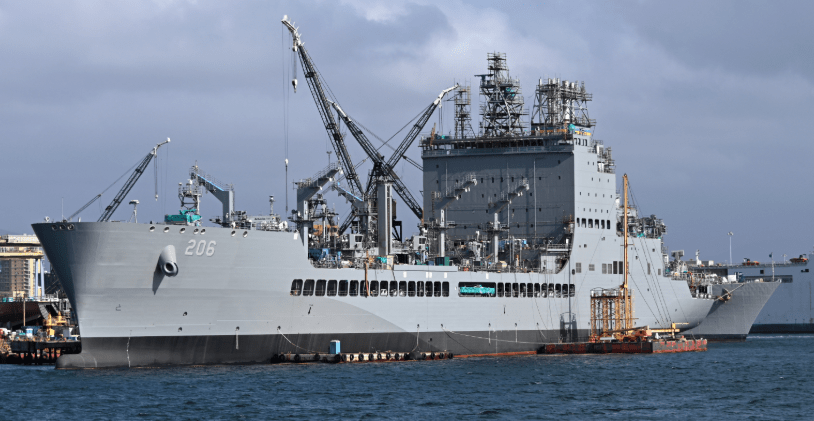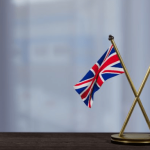The US Navy has ignited controversy with its move to rename the USNS Harvey Milk, a ship that honours the iconic gay rights leader and Navy veteran. The proposed renaming comes amid Pride Month, stirring a heated debate over inclusivity and identity within the American armed forces.
Documents obtained by CBS News, a partner of the BBC, reveal a detailed timeline outlining when the name change will be publicly announced.
The USNS Harvey Milk renaming decision is part of a broader initiative by the Trump administration aimed at reasserting military traditions and reducing programmes centred around diversity, equity, and inclusion (DEI).
Pentagon spokesperson Sean Parnell stated the renaming is intended to “realign the US military with the Trump administration’s goal of re-establishing the warrior culture”.
The move follows directives from Defence Secretary Pete Hegseth, who earlier this year instructed all military branches to cease hosting events for heritage or awareness months, including Pride Month and Black History Month.
The directive has not only targeted the USNS Harvey Milk. It also mentions possible renamings of other vessels, including:
- USNS Ruth Bader Ginsburg, named after the late Supreme Court Justice.
- USNS Harriet Tubman, honouring the famed abolitionist.
The proposed changes signal a significant rollback of efforts to highlight historical civil rights figures in military tributes.
Who Was Harvey Milk?
Harvey Milk remains a powerful symbol of LGBTQ+ progress in the United States. In 1977, he became the first openly gay elected official in California, securing a seat on the San Francisco Board of Supervisors.
His term was tragically cut short when he was assassinated just 10 months into office. The ship bearing his name, the USNS Harvey Milk, was launched as a tribute to both his military service and civil rights activism.

The USNS Harvey Milk renaming decision has sparked dismay among those who view it as an erasure of hard-won representation.
The plan has been met with strong opposition from several Democratic leaders. Former House Speaker Nancy Pelosi condemned the decision, labelling it a: “vindictive erasure of those who fought to break down barriers for all to chase the American dream.”
Senate Minority Leader Chuck Schumer voiced similar outrage, posting on X: “Hegseth should be ashamed of himself and reverse this immediately.”
This backlash underscores the broader political battle over the role of diversity in public institutions. While DEI advocates argue these initiatives are essential for correcting long-standing inequalities, critics—now empowered under the Trump administration—claim they sow division.
This move arrives during Pride Month—a time intended to celebrate the LGBTQ+ community and honour milestones like the Stonewall Riots of 1969. The USNS Harvey Milk renaming announcement during this symbolic period has only amplified public scrutiny.
The decision also follows executive orders by President Trump earlier this year that:
- Recognise only two sexes: male and female.
- Ban DEI training and initiatives across all federal agencies.
These policies have reshaped how the US Government addresses inclusion, and the military is now mirroring that change with high-profile acts such as this proposed ship renaming.
The Navy’s internal memo instructs Secretary John Phelan to propose a new name for the USNS Harvey Milk. This will undergo a legal review before being shared with senior Navy officials and ultimately made public.
Until then, the USNS Harvey Milk renaming remains a symbolic battleground—one that highlights the growing divide over how the US military represents its service members and their diverse histories.






